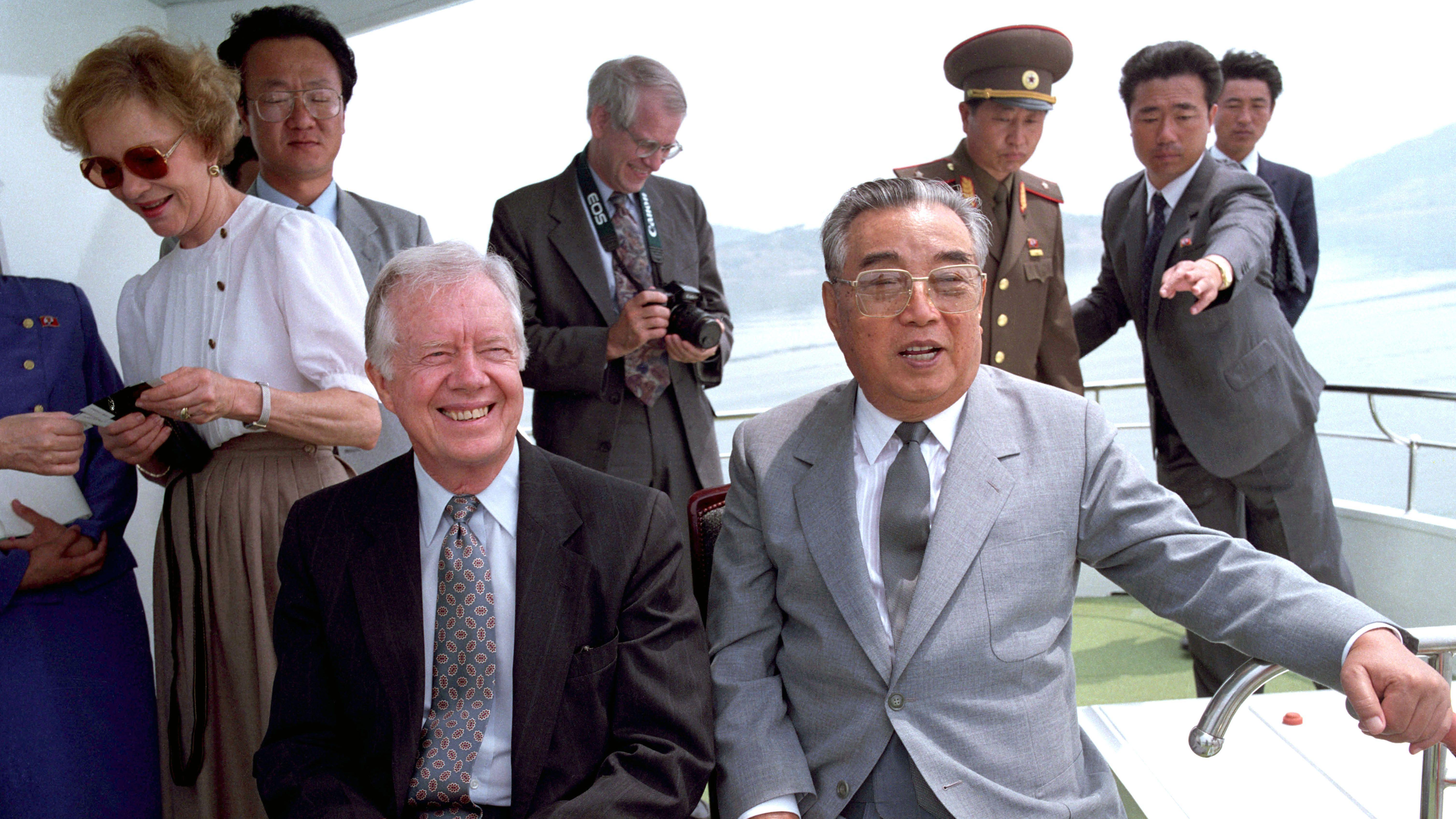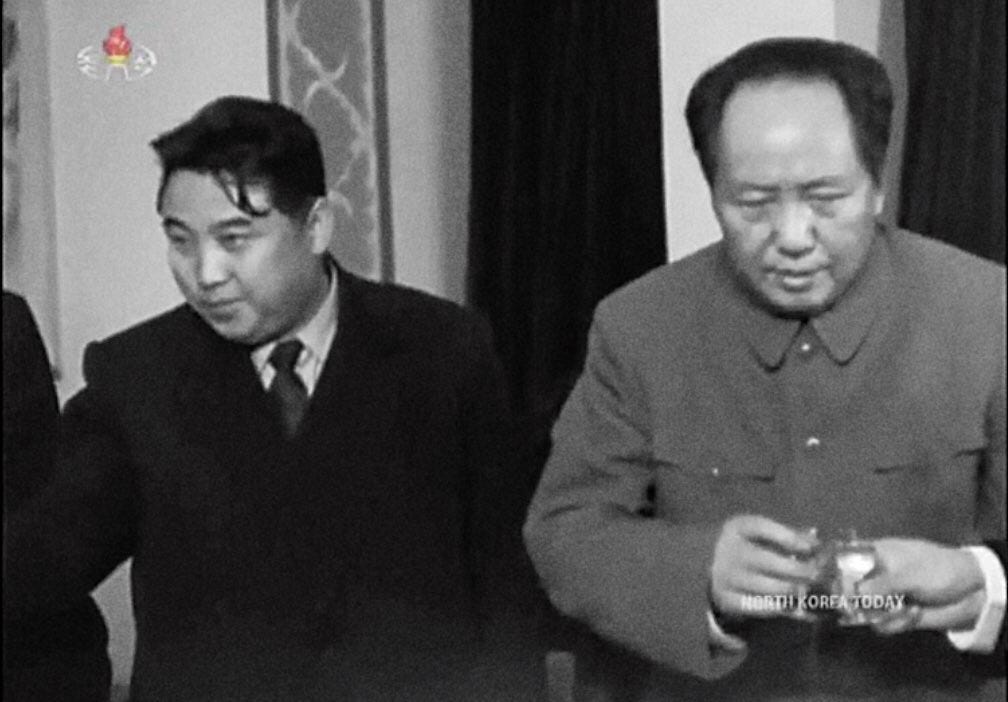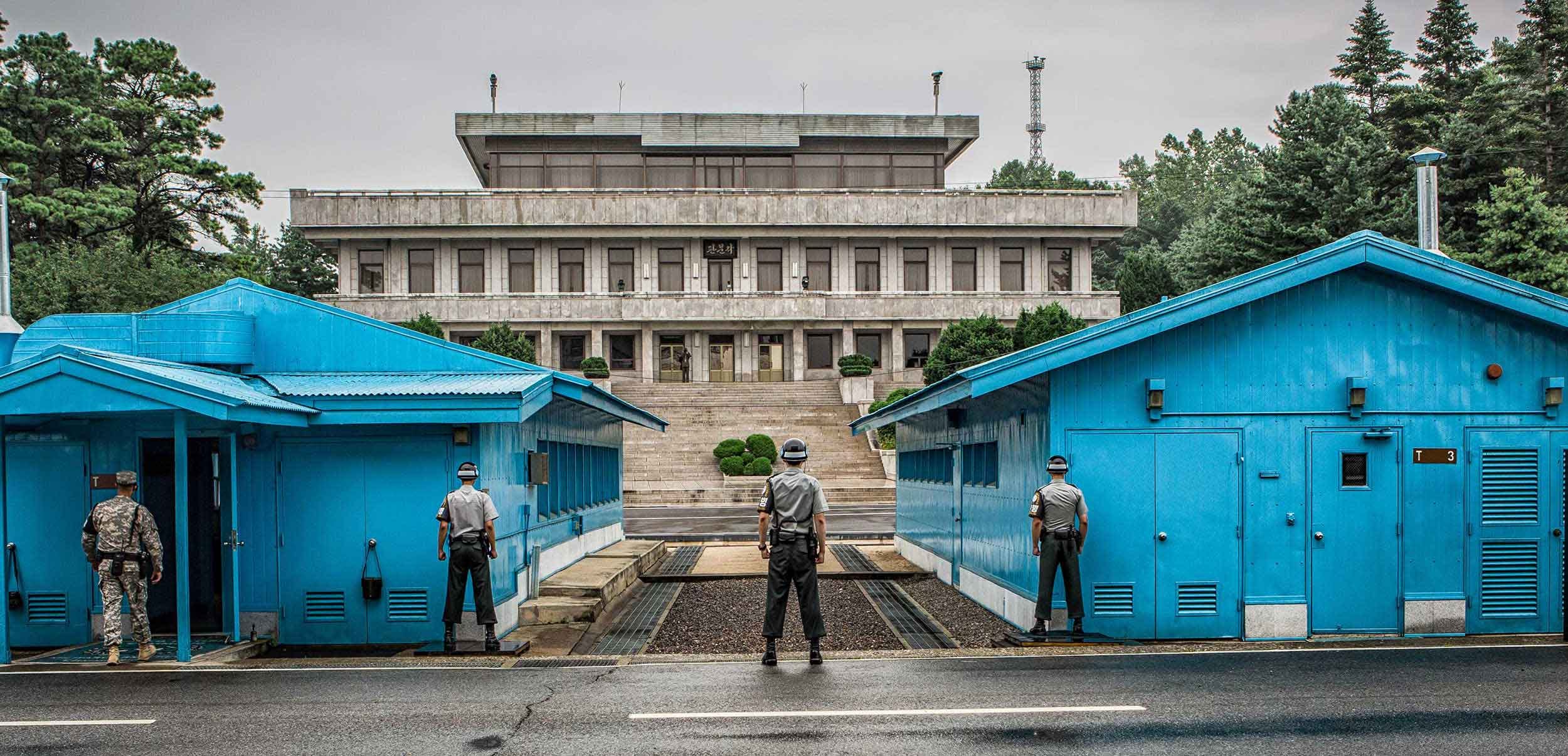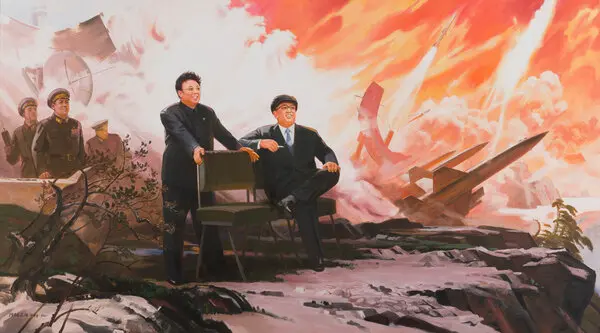This page will go over the diplomacy of the Democratic People's Republic of Korea,
while most of it is dedicated to our current state of affairs, the history will also be touched upon.
Principles
The Constitution of the DPRK establishes our foreign policy, in particular Article 2 states that we are a revolutionary state, while Article 9
establishes that our nation will work to achieve Korean reuinfication, maintain state sovereignty, political independence, and national unity.
Article 15 establishes that our nation will protect the democratic national rights of Korean compatriots overseas and their legitimate rights and interests
as recognised by international law, while Article 17 explicates the basic ideals of our foreign policy.
Basic ideals of our foreing policy are independence, peace, and friendship, to establish political, economic, cultural, and diplomatic realations
with friendly countries on the principles of complete equality, independence, mutual respect, non-interference in each other's affairs and mutual benefit,
unifying with people's of the world who defend their independence, and acitvely supporting and encouraging struggle of all people who oppose all forms
of aggression and interference and fight for their countries' independence and national and class emancipation.
Article 36 states that foreign trade by the DPRK will be conducted bt state organs, enterprises, and social, cooperative organizations.
Article 80 establishes our asylum policy stating that we must grant asylum to foreign nationals who have been persecuted for struggling for peace and democracy,
national independence and socialism or for the freedom of scientific and cultural pursuits.
We take our national security very seriously however, and will confront any who seek to threaten our sovereignty.

Foreign Relations
Our nation has a long history of cooperation and friendship with the People's Republic of China and Soviet Union (now the Russian Federation), this is despite their support for coup attempts
which our wise and Glorious Leader Kim Il Sung forgave them for in favour of signing treaties of Mutual Aid and Cooperation, as well as security pacts.
The German Democratic Republic was an important ally, as well as Yugoslavia, and Romania (under Ceaușescu) as Kim Il Sung was close friends with all of their leaders at the time.
In 1972 we began to gain international recognition, and gained entry into the World Health Organization and we sent observer missions to the UN. In 1975 we also joined the Non-Aligned Movement.
We also became close allies with Libya with Muammar Gaddafi at the helm, however with the slow collapse of the Eastern Bloc we are left with very few allies.
While we have never led any General Assembly initiatives in the UN, we were afforded permanent and full membership in 1991, alongside the ROK.
Our closest ally of all in current times would be the People's Republic of China of course, as while we have had strained periods, we always are supportive of one another in
diplomatic and economic times of hardship.

Korean Relations
Our most complicated relationship is, of course, with the Republic of Korea in the South. Our relationship began with atrocities and oppression, civil war and destruction.
In 1971 we both agreed to hold talks through the Red Cross socieites, which began a series of secret meetings and an agreement to work toward peaceful reuinification.
The South adopted the "sunshine policy" just two years ago, and there are talks of a potential Inter-Korean summit some time this year, which is the culmination
of a long period of agreements on reconciliation and non aggression since 1991.
Despite issues with militaryy skirmishes and a tense border, North Korea is resolved to reuinification, and aims to do so through peaceful means, in the vein of the
one country, two systems formula, successefully practiced by China. Kim il Sung proposed a Democratic Confederal Republic of Goryeo, as a solution with both political systems
coexisting in one state, and this remains our current position.

